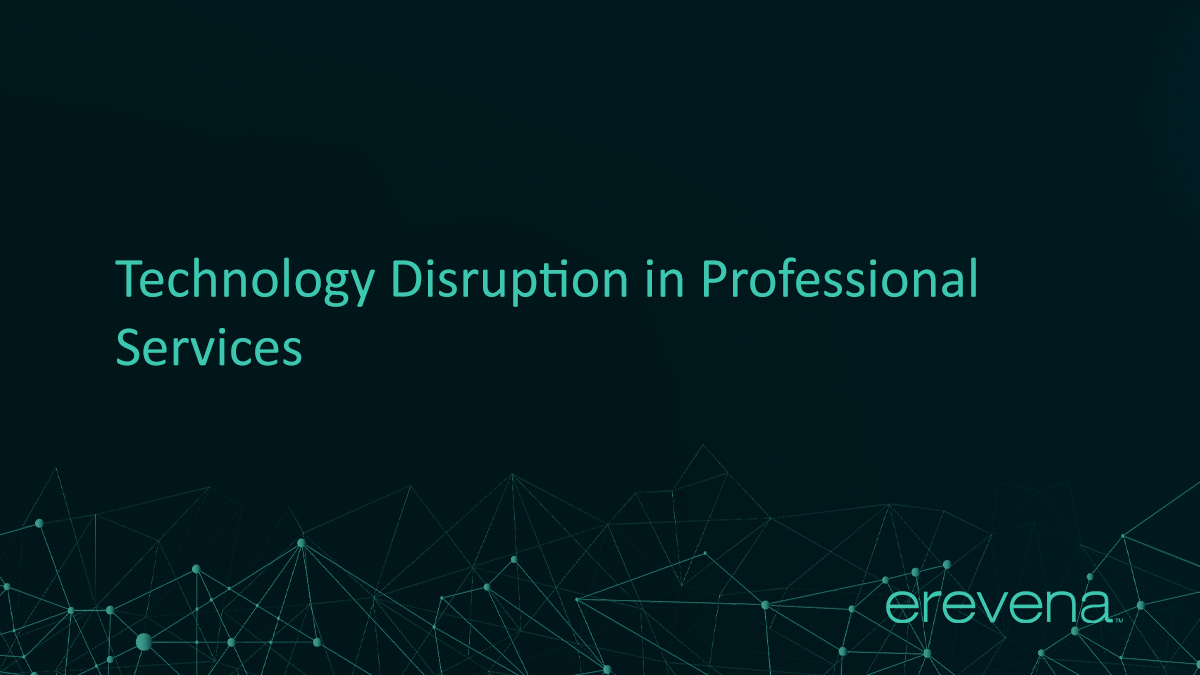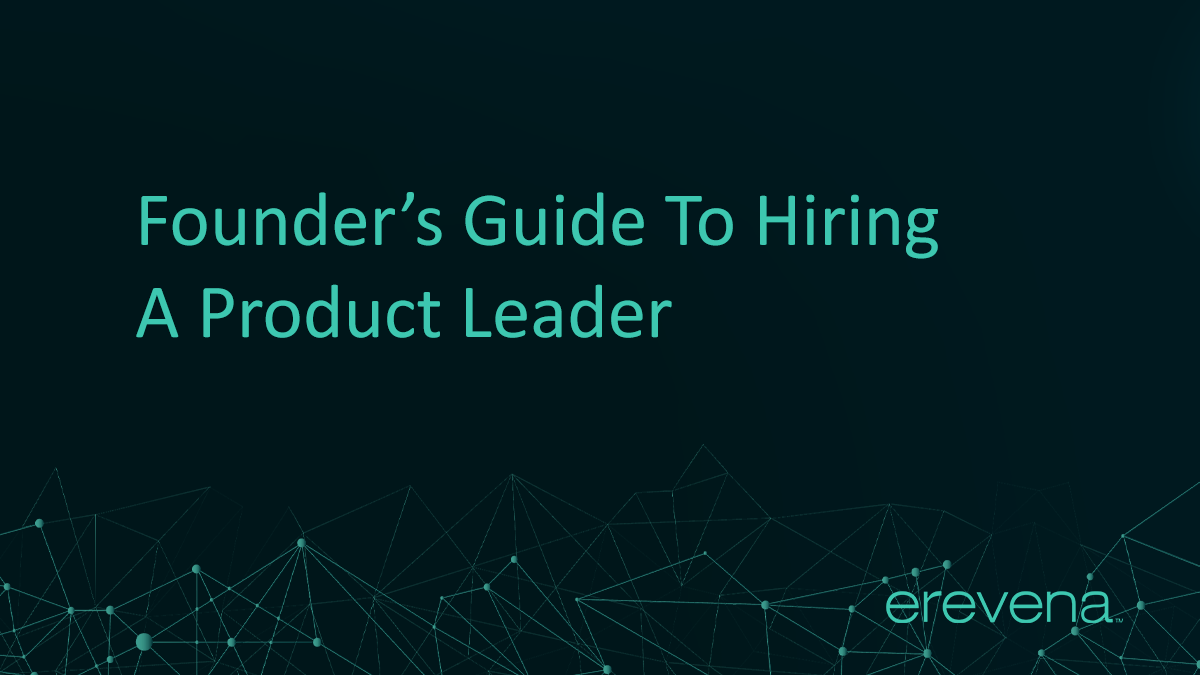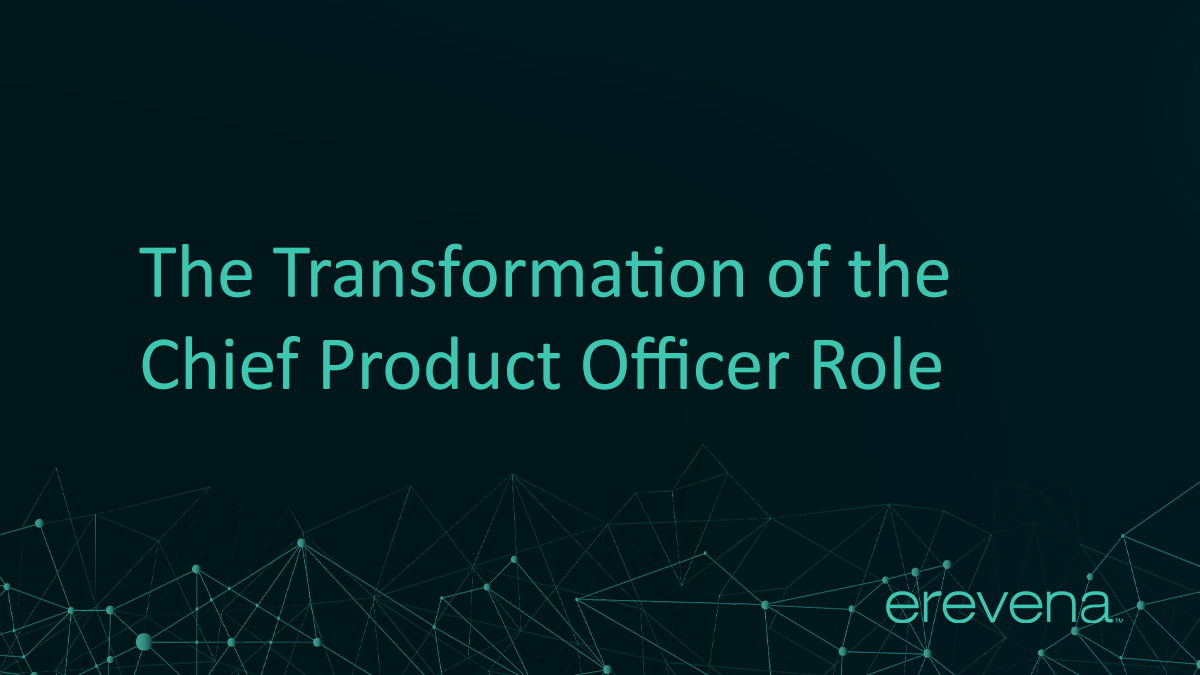A recent dinner hosted by Erevena and CVC Capital Partners discussed the technology disruption in Professional Services, and how firms are reacting and adjusting
Fourteen business leaders attended, split between those running Professional Services firms and those building the technology that drastically alters the way these firms will run.
The discussions were opened by Andy Leaver, who played a key role in the successes of businesses including Workday, Bazaarvoice, Hortonworks and SuccessFactors. Andy is now Partner at Crane Ventures, a fund investing exclusively in ambitious Intelligent Computing companies, with a current portfolio of 23 businesses. Andy shared several insightful stories from the industry.
“In a business based on billable hours, a machine that removes the need for millions of hours of work, presents the Partners of the business a huge problem.”
An example Andy gave was of a business called H2O.ai, who worked with a leading global audit firm running machines that shadowed auditors over a two-year period, at the end of which the machines could run the entire audit process and report far more accurately than their human colleagues and could complete the task in a fraction of time (in around 15 minutes). The quandary that emerged is a classic “innovators dilemma.” In a business based on billable hours, a machine that removes the need for millions of hours of work, presents the Partners of the business a huge problem. Namely, do we disrupt our own business model, or do we wait to see if someone else does it? Industries are rarely quick to see impending disaster for the status quo. In this instance the company in question has started to break traditional pricing structures and offer an AI empowered competitor to the traditional human service.
One of our guests was a Senior Partner and Chair of a large accounting and consulting firm. His organisation has embraced the challenge of trying to provide a blended delivery model for their clients. One of the key challenges he noted was that re-training and developing people for roles that the company depended on human beings for was an ever-greater challenge.
Similar trends of disruption are emerging in the legal profession. One company discussed runs a platform that makes the role of a paralegal redundant by taking a contract, scanning it, scoring it on risk criteria against consequential loss and sorts all contracts into those needing intervention and those that can be signed immediately. This, again, represents the beginning of what could be all encompassing disruption for an industry where professionals are currently judged on billable hours.
However, the potential upside when thinking about employee satisfaction and retention, is that this tool will remove long administrative tasks, which means that intelligent, highly educated university graduates will no longer have to start their careers spending hours searching through documents by hand or waiting for a comma to be changed. This, along with the acceptance that no law firm wants to be the one that is last to the party, is why firms like Linklaters are investing in start-ups like H4. H4 focus on digitising legal documents, to allow firms to easily create, read, navigate, search, analyse, compare, collaborate on, negotiate, distribute and store said documentation. The job of a lawyer thus becomes solely advisory. However, the question then becomes around how a lawyer can gain the experience and insight that will allow them to become a genuine advisor. Historically that has come from consistently repeating the same task until becoming a specialist over time. How do you build expertise and experts in the absence of repetitive tasks?
A key thing to note is that RPA and AI present a different threat to traditional software companies. Normally clients adopt software that makes them more competitive or productive. Automation providers can become an actual competitor in a market, with wildly lower cost structures and therefore considerable commercial advantages over a traditional human professional services company. Ultimately, the changes Professional Services firms must be most alert to is when these suppliers start to replace them entirely. These businesses may initially be aiming to help firms, but they may end up learning from them and being able to replicate their service, but in a far more cost effective and scalable way. The key advantage that start-ups have is the agility that is significantly more problematic in legacy companies.
“75 million jobs will disappear, crucially 133 million new jobs will be created by 2022 thanks to the Fourth Industrial Revolution”
This topic was widely discussed at the recent World Economic Forum in Davos. While there is no doubt that repetitive tasks will decline, “The Future of Jobs” report shows that while 75 million jobs will disappear, crucially 133 million new jobs will be created by 2022 thanks to the Fourth Industrial Revolution. Most pertinently, not only will there be more jobs, but the new roles will also be more attractive compared to the disappearing ones, with more diverse and challenging tasks, and with a higher emphasis on creativity, problem-solving and interpersonal communications skills. The work that is being replaced is the repetitive, administrative-heavy work. Ultimately, what machines cannot replace is a consumer’s preference for speaking to a human rather than a robot around more complex purchasing issues, or around their health and diagnostics. While there remains a scepticism and mistrust of machines by humans this will remain the case.
While it is easy to focus on the jobs that will disappear, it is instead important to recognise that workers will need to be re-trained and re-educated to be able to adapt to the changing world. Policy-makers, regulators and educators will need to play a fundamental role and invest heavily in the development of new agile learners in future workforces by tackling improvements to education and training systems.
Several high-level questions emerged from the group concerning the ramifications of the automation of tasks/jobs currently undertaken by knowledge workers:
- Will automation/digitization lead to the same concentration of wealth in professional services that we have seen in other sectors (such as Amazon/Jeff Bezos in Retail)?
- What societal changes need to occur if mass unemployment becomes an omni-class, rather than blue collar problem?
We hope to continue the discussion soon and wish to thank everyone who attended, especially our friends from CVC and Andy Leaver from Crane Ventures.
Share this article:












